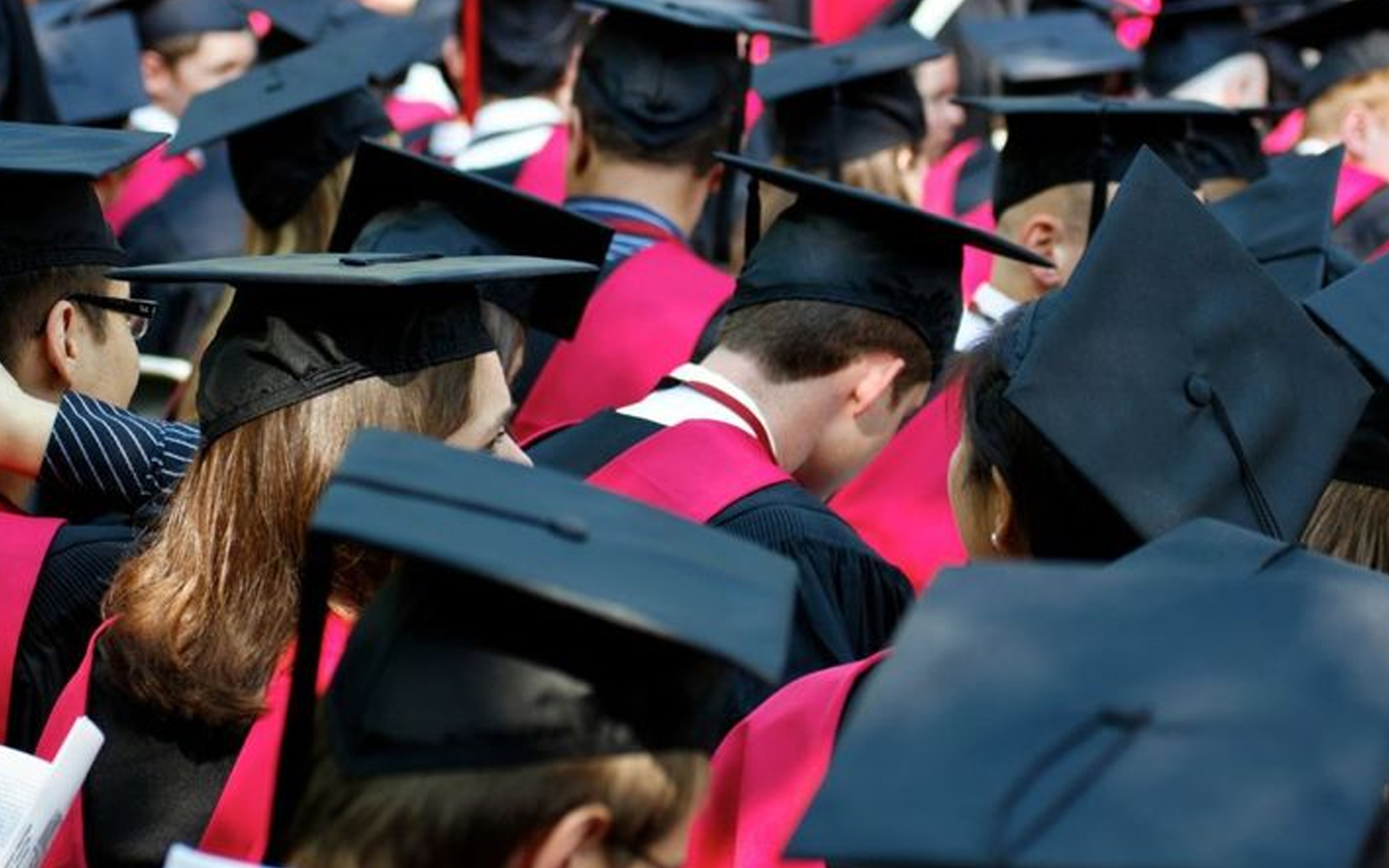
A federal judge in the United States has increased a temporary block on a controversial Trump administration policy that will prevent Harvard University from accepting international students.
Basically, the prohibition prescribed to end this week, will now be effective till 23 June, so that according to the Reuters, the court can be given more time to reach the final decision. The case on 22 May by Homeland Security Christie NoM, President of Harvard, Elon M. A letter issued to Garber stems from the university, informing the university that its authentication under the student and exchange visitor program (SEVP) was being canceled with immediate effect. This step will effectively force thousands of foreign students in Harvard to transfer to other institutions or the U.S. There will be a risk of losing the status of your legal residence.
Judge Blocks Enforcement of Ban
Judge Allison Burroughs, an Obama appointee serving on the federal bench in Boston, temporarily blocked the enforcement shortly after the DHS announcement. On Monday, she extended the order at the conclusion of a court hearing where Harvard challenged the policy.
Harvard University, located in Cambridge, Massachusetts, enrolled nearly 7,000 international students in the most recent academic year, representing about 27 percent of its total student body. According to university data, tuition costs for one year are approximately $60,000. Losing this international cohort would not only create academic and cultural gaps but would also inflict substantial financial damage, several media outlets have noted.
Political Pressure and Accusations of Antisemitism
During Monday’s hearing, Judge Burroughs did not indicate how she might ultimately rule, but acknowledged the difficulty faced by the Justice Department attorney defending the administration’s position. As Harvard’s lawyer Ian Gershengorn argued, implementing the ban could cause “irreparable harm” to both the institution and its students.
The Trump administration has framed its move as a crackdown on what it claims is unchecked antisemitism and support for the Palestinian militant group Hamas on U.S. campuses. These allegations stem from pro-Palestinian demonstrations and unrest that took place at various universities, including Harvard, during protests over the conflict in Gaza.
The administration’s critics say the policy is politically motivated and aimed at silencing dissent, rather than addressing legitimate national security concerns.


